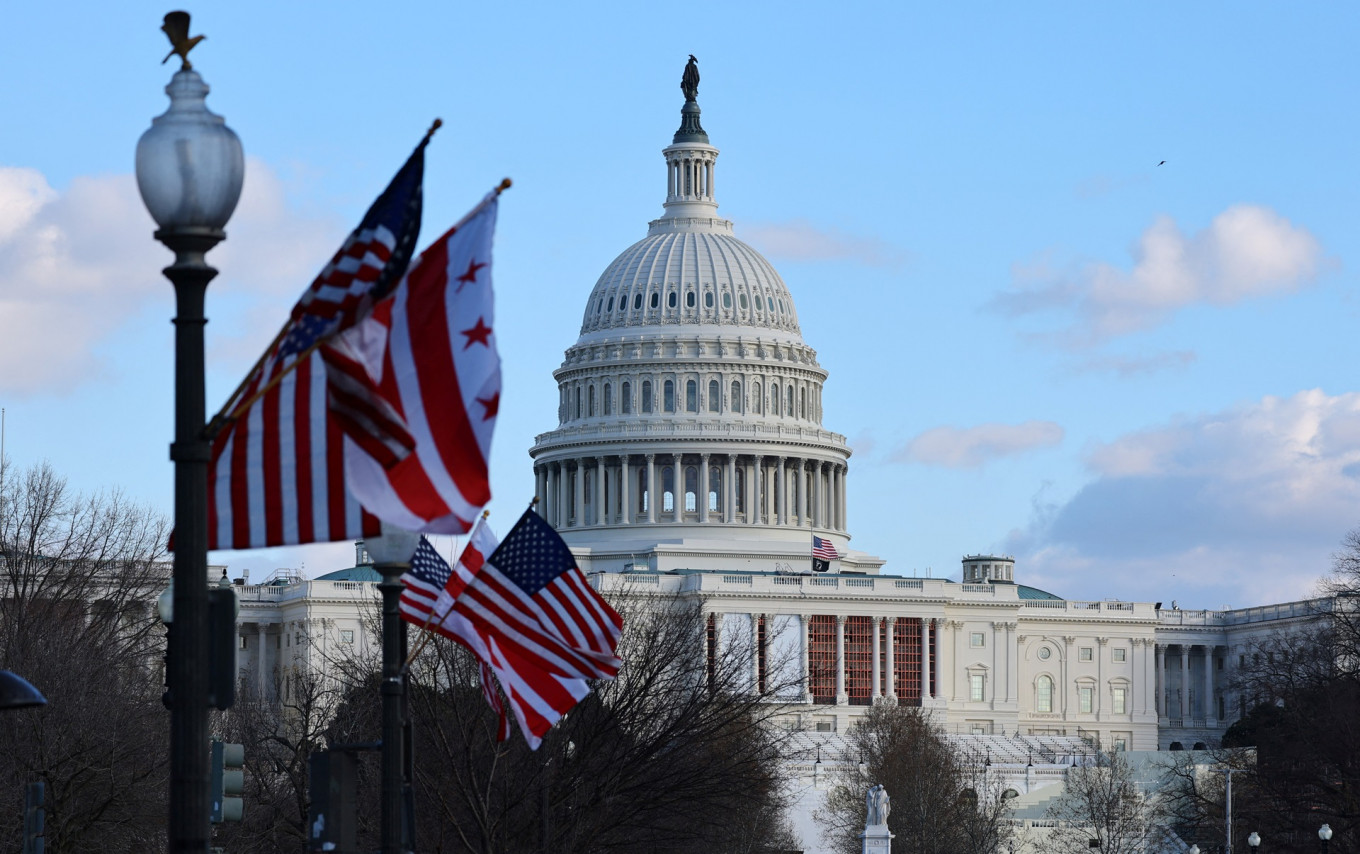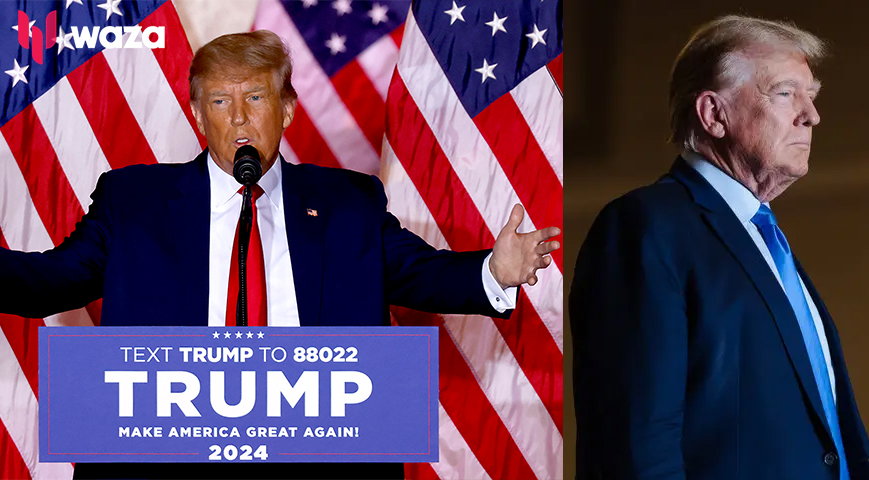The U.S. State Department issued a "stop-work" order on Friday, halting both ongoing foreign assistance projects and new aid, according to a cable obtained by Reuters. This came after President Donald Trump ordered a 90-day review of U.S. foreign aid to assess its alignment with his foreign policy.
The cable, which was drafted by the Department’s foreign assistance office and approved by Secretary of State Marco Rubio, specified that waivers were granted for military aid to Israel and Egypt. No other countries were mentioned in the cable.
This decision threatens to cut billions of dollars in vital assistance, as the U.S. is the world’s largest donor of foreign aid. In fiscal year 2023, the U.S. allocated Ksh.9.3 trillion in assistance. Just hours after taking office on Monday, Trump’s administration ordered the pause, with the scope of the order still unclear.

Did you read this?
According to the State Department cable, senior officials are to ensure that no new foreign assistance obligations are made until Rubio completes his review. Existing aid awards will be frozen, pending Rubio's assessment.
Jeremy Konyndyk, former USAID official and president of Refugees International, criticized the move, calling it disastrous. "This will kill people. If implemented as written, a lot of people will die," he said. "This is not a good-faith review; it's an attempt to break the system."
A congressional source also argued that Trump's order is unlawful, warning that freezing international investments could lead partners to seek aid from U.S. competitors, reducing America’s global influence.
A USAID official revealed that projects in Ukraine had been suspended, including vital health and educational assistance like maternal care and vaccinations. Overall, decisions on whether to continue, adjust, or end programs will be made after Rubio’s review.

The cable confirmed that Rubio had authorized waivers for emergency food assistance, particularly in response to humanitarian needs in Gaza and other regions facing hunger crises, including Sudan. However, Konyndyk pointed out that food assistance is only a small part of the broader humanitarian effort. Vital programs in health, nutrition, and refugee aid, including in Gaza and Syria, will be halted.
A former senior USAID official also criticized the freeze, stating that it would stop lifesaving health services, HIV/AIDS programs, and agriculture support, among other critical aid.
The cable noted that Rubio had approved waivers for foreign military aid to Israel and Egypt, with Israel receiving approximately Ksh.427 billion annually, and Egypt receiving about Ksh.168 billion.









